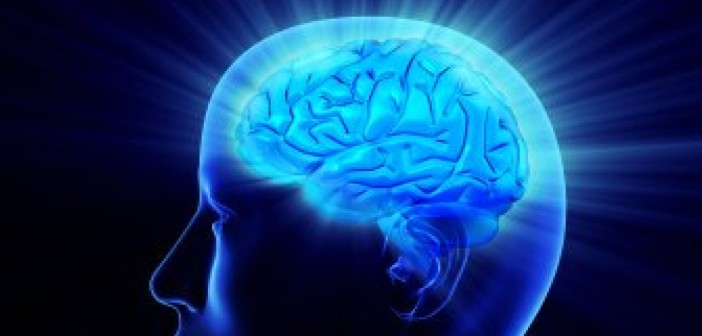No matter how old we get, we always have the ability and the need to learn. Whether it’s studying the new spreadsheet your boss just handed you, or studying for your fourth grade math test, we all have the need to learn new information. How quickly you learn this new information is determined by your intelligence. However, there are things that you can do and skills that you can learn to increase your ability to learn.
Exercise
Just like the rest of your body, you have to take care of your brain. Scientists once thought that the amount of cells in your brain was set, and that when one died it was not replaced. However, according to an article by Glade Knight of Westminster College, they now understand that this is not the case, and exercise can actually help regrow new brain cells. Exercise also lowers your stress level and changes your brain chemistry, making it easier to learn new information.
Exercise improves every aspect of your physiology including your brain. From an evolutionary standpoint, this makes perfect sense. A cave man who laid around every day was much more likely to be eaten by a saber tooth tiger than a man who was up moving around. Your body is intended to move. Every part of your body can be improved by exercise, including your brain.
Skills
Once you have your brain healthy and ready to learn, you need to know the proper skills to retain information effectively. According to LearningRx.com, midnight cramming, while sometimes necessary, is definitely not the most effective way of learning. They explained, “The process of studying followed by a good night’s sleep forms new connections in the brain and helps you retain the information you are trying to learn. The effects of this process can be magnified with repetition.” Studying for short periods of time followed by periods of sleep is much more effective than staying up all night cramming.
While studying, try to not think of the information as abstract data, but something that has real world applications. Try thinking of how it fits into the larger picture. For example, if you are trying to remember that Columbus first sailed in 1492, think of what the world was like at that time. What was the political situation like, what other events took place in that period? Fleshing out the data makes it more real, and in turn, more memorable. Another great example of this is the New York Times Word of the day web page. It teaches you one word every day, and then shows you how it was used in an article that year.
Engaging all of your senses is another effective technique to learning information. The more senses that you involve in the process, the more engaged the brain becomes, and the more connections are made. When you read information, try reading out loud. This engages both your sense of sight and sound, making it much more likely that you will recall what you are reading.
Once you have the information in your head, try teaching it to someone else. Many experts believe that teaching information is the best way to truly learn it. Teaching information requires you to think about the subject in a holistic manner. You don’t just learn the basics about it, but it forces you to answer questions about the hows and whys of the information. You can even teach the information to someone who is already familiar with the subject. This is why your college professors had you write so many papers. When you write an essay, you are essentially teaching the reader about what you have learned, setting the information firmly in your brain.
However, keep in mind that whatever you learn will not stay in your brain forever. Once you learn something you have to put it to use if you want to remember it long term.




